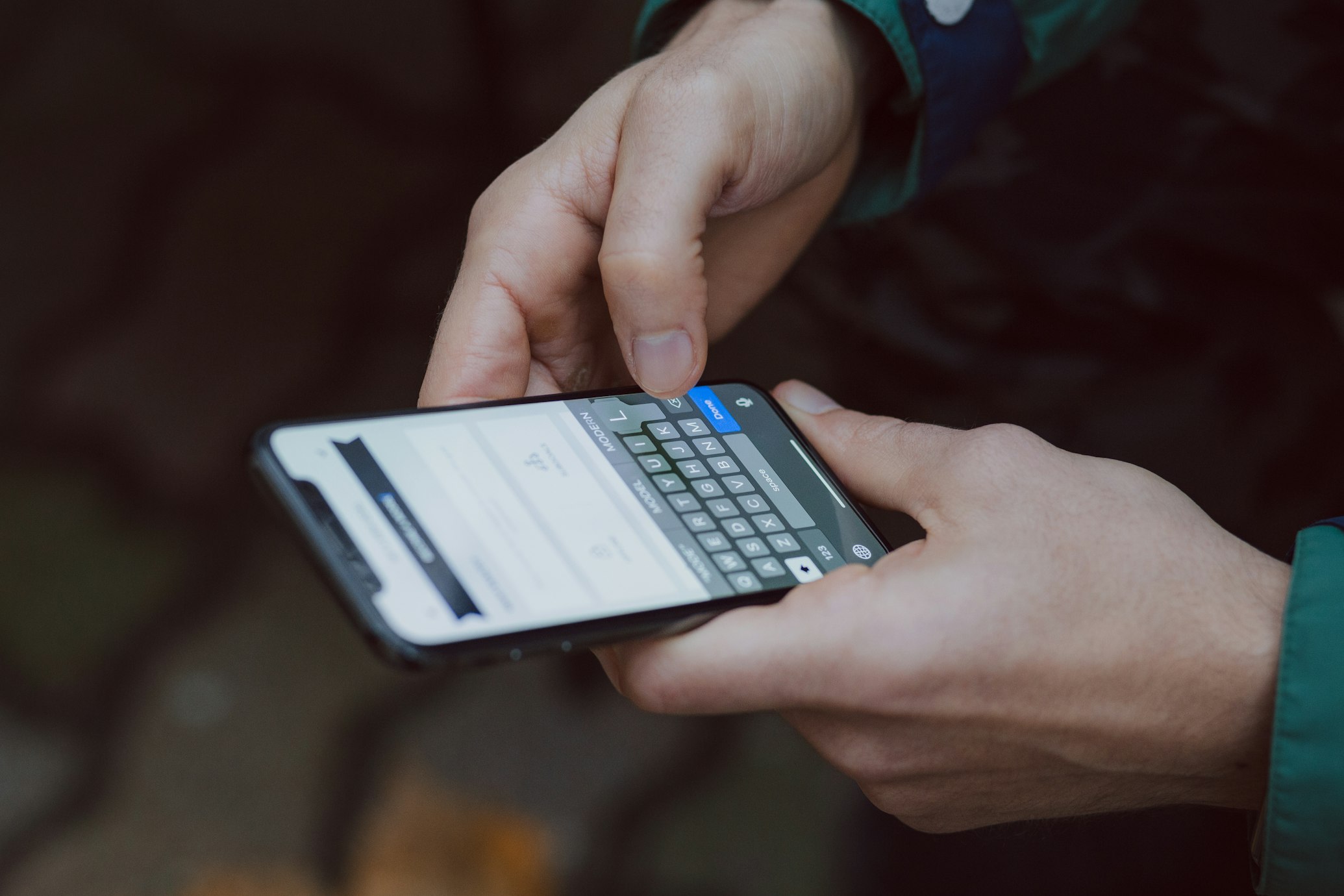Our lives are constantly filled with technology, from social media notifications to work emails. We are rarely truly disconnected. This constant connection can strain our mental health.
Taking a temporary break from technology, known as a digital detox, can be beneficial. A digital detox allows us to recharge and reduce stress. It might be the solution we need to improve our well-being.
A 2022 Statista poll of American internet users found that 32% of participants stepped away from their gadgets for at least two hours. Approximately 25% of respondents said they regularly went on a digital break. Furthermore, 8% engaged in a monthly digital detox.
But is it an instant fix or a prescription for disaster in today’s world? In this post, we’ll look at the possible advantages of disconnecting digitally for improved health.
Breaking Free from the Notification Noise
It can become tiring to constantly get updates and messages. Each beep and vibration diverts our attention from the work at hand, causing disarray in our concentration and a rise in tension. We can avoid this notification cacophony by going on a digital detox.
WebMD highlights that teens receive 237 smartphone alerts on a normal day. Approximately 25% of these alerts come in when classes are in session. Plus, 5% of the notifications arrive at night.
Imagine sitting down for a meal without checking your phone, or enjoying a conversation with a friend without scrolling through social media. This disconnection allows us to refocus on what’s happening in the present moment. It promotes a sense of calm and improves our ability to concentrate on what truly matters.
Regaining Control of Your Attention
Social media and other platforms are designed to capture our attention with algorithms that feed us endless content and notifications. We find ourselves mindlessly scrolling through feeds, often comparing ourselves to the unrealistic portrayals and perfectly curated lives we see online.
This constant comparison on social media seriously harms your mental health. The recent surge in social media mental health lawsuits highlights the potential harm these platforms can cause. Parents and even schools are suing social media giants like Meta (formerly Facebook), TikTok, and YouTube.
According to TruLaw, these lawsuits allege that excessive social media use can lead to a range of mental health issues. This includes depression, anxiety, eating disorders, self-harm, and even suicidal ideation.
In an update from ConsumerNotice.org, 499 social media cases were pending as of July 2024 under multidistrict litigation number 3047. Judge Yvonne Gonzalez Rogers is in charge of the case, and no jury verdicts or court-approved settlements have been reached yet. As of yet, there have been no conclusive rulings in the dispute.
A digital detox helps us reclaim control over how we spend our time and mental energy. With this increased control, we can direct our attention to things that make us happy and fulfilled. This lessens the sensation of being continuously barraged by outside influences and develops a sense of purpose.
Rediscovering Yourself
Self-esteem can be badly impacted by constant social media comparison. Without the distractions of the internet, unplugging enables us to rediscover our passions and selves. Imagine taking a long walk in nature without feeling the need to record it for social validation.
Pew Research Center states that in terms of bad experiences, 38% of teenagers report feeling overwhelmed by the drama on social media. Approximately 31% feel excluded by their friends, while 29% feel forced to share stuff that generates comments or likes. Furthermore, 23% believe social media negatively influences their opinion of their own lives.
A digital detox allows us to rediscover the things that bring us joy and fulfillment outside of the online world. This reconnection with ourselves can lead to a healthier self-image and a stronger sense of purpose.
Furthermore, a break from social media can help us escape the negativity and unrealistic portrayals often found online. This can be especially beneficial for those struggling with anxiety or depression.
FAQs
How do I detox myself digitally?
Set and adhere to specific times for checking devices to detox digitally. Set tech-free periods throughout the day, such as right before bed or during meals Prioritize offline activities, like reading or exercising, to help balance your digital consumption.
How can social media affect you mentally?
Social media can lead to anxiety and sadness by exposing users to frequent comparisons and unattainable standards. The addictive nature of alerts and conversations can lead to greater stress and decreased attention. Overuse can also disrupt sleep patterns and decrease overall well-being.
How can social media affect self-esteem?
Social media often promotes inaccurate comparisons, which contribute to feelings of incompetence and low self-esteem. Users may seek validation through likes and comments, which can impact self-esteem if not received as hoped. The curated nature of online profiles can distort self-image and amplify insecurities.
In our hyper-connected world, digital detoxes offer a tempting escape. We can regain control of our attention by stepping away from the continual flood of alerts and social comparisons.
Rediscovering the simple joys that lie outside the digital sphere becomes possible. Although it may not be possible to completely cut off from technology, taking well-planned breaks can greatly improve mental health.
Keep an eye for more news & updates on VentsTribune.Com!

